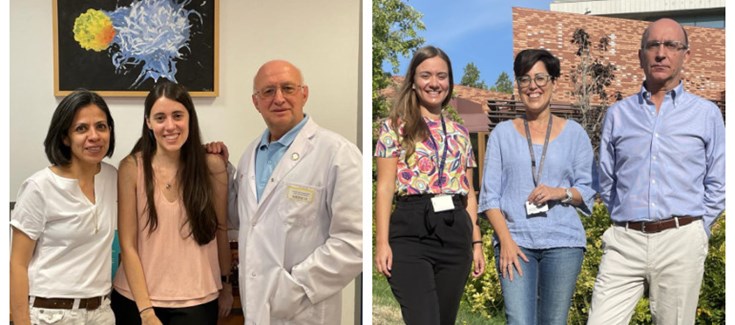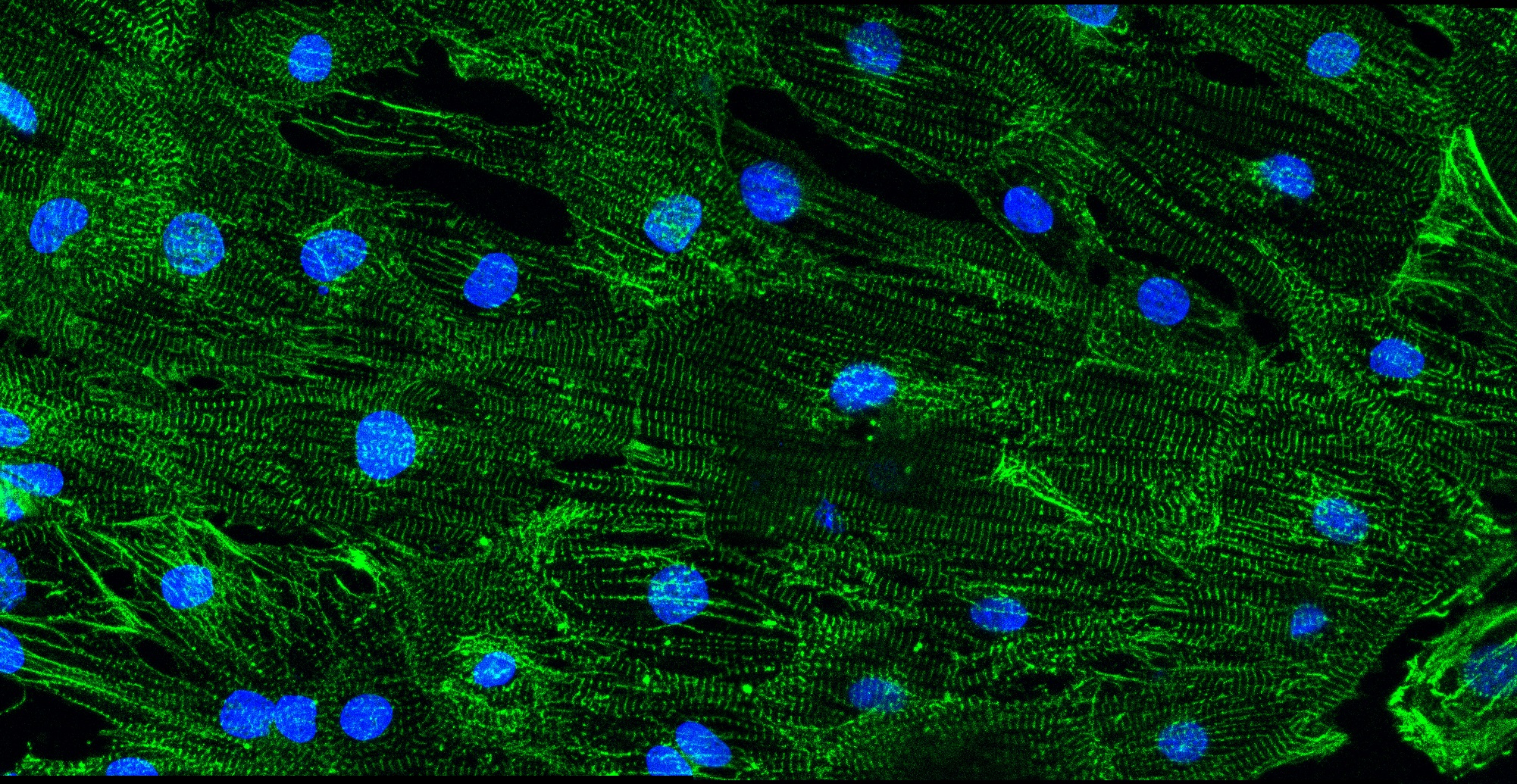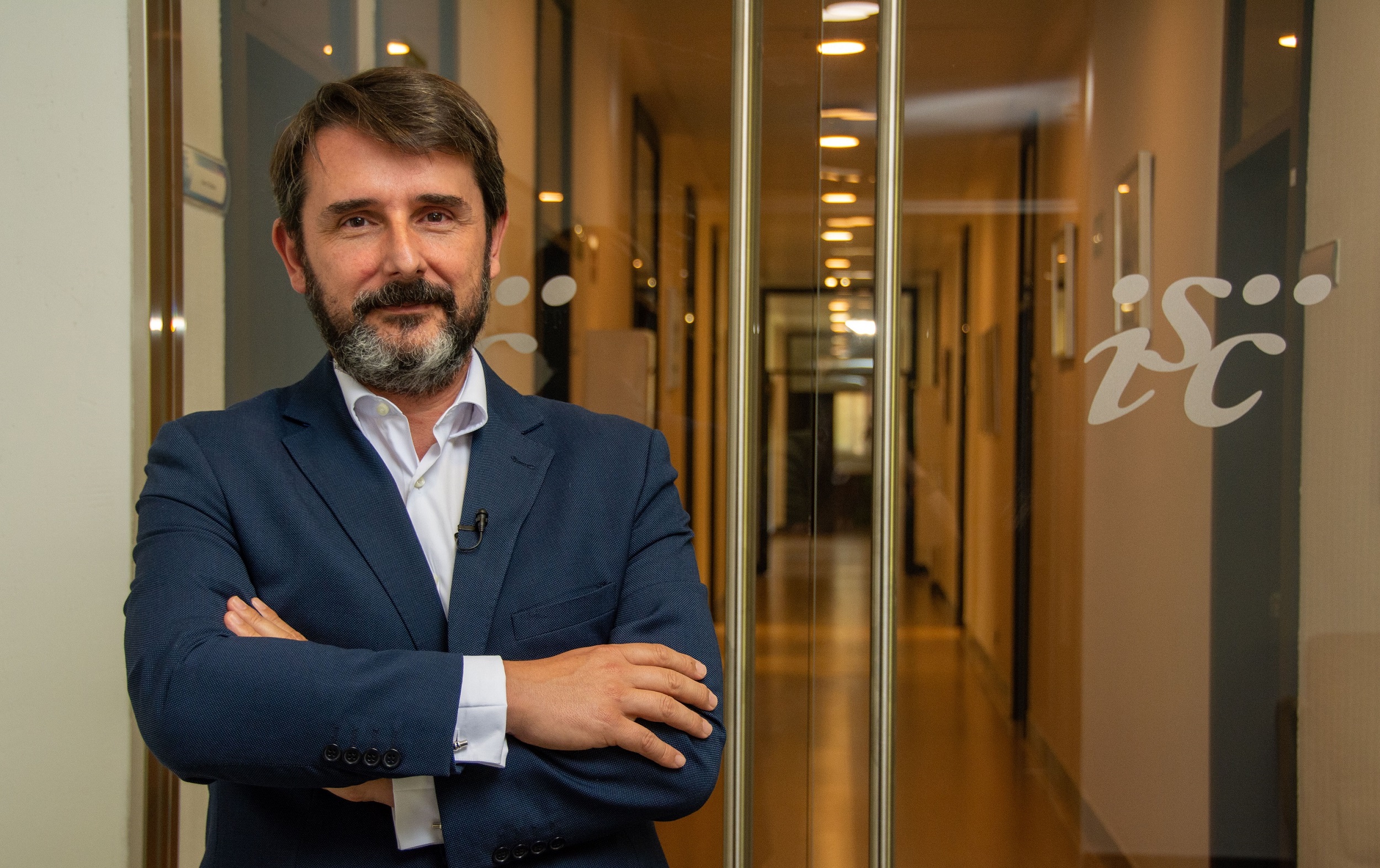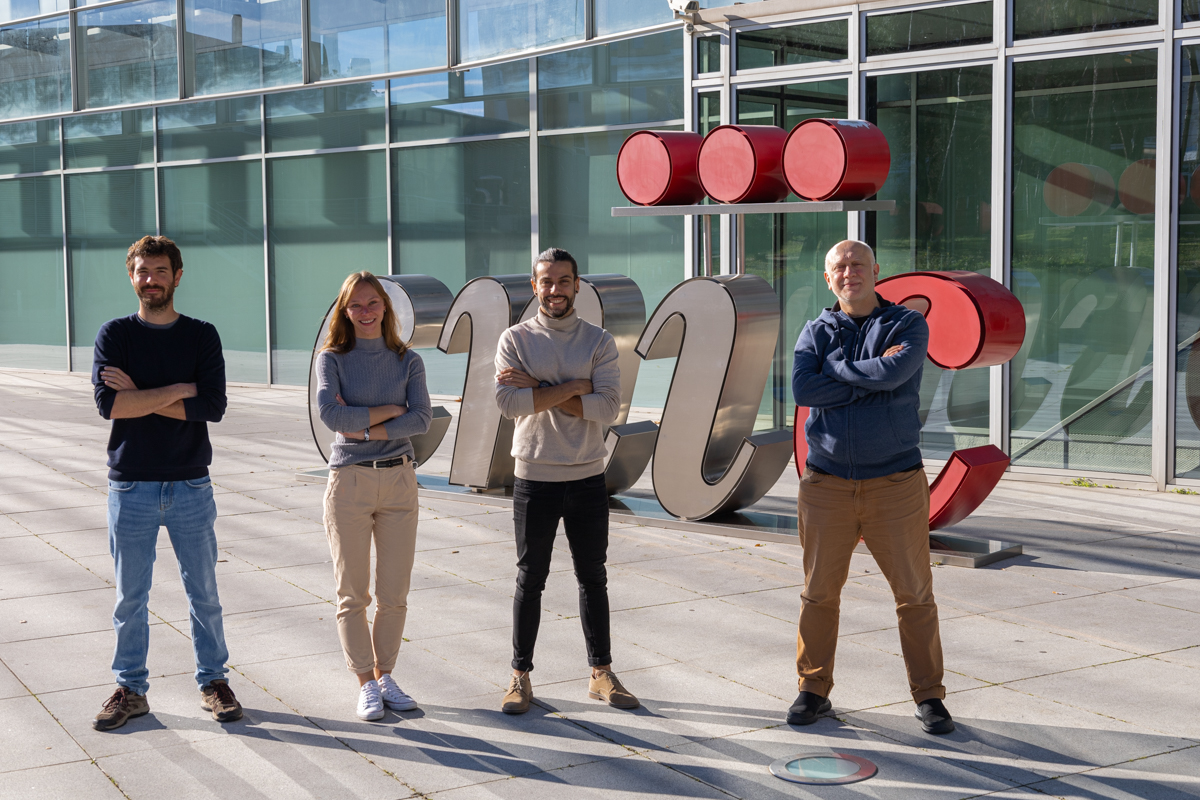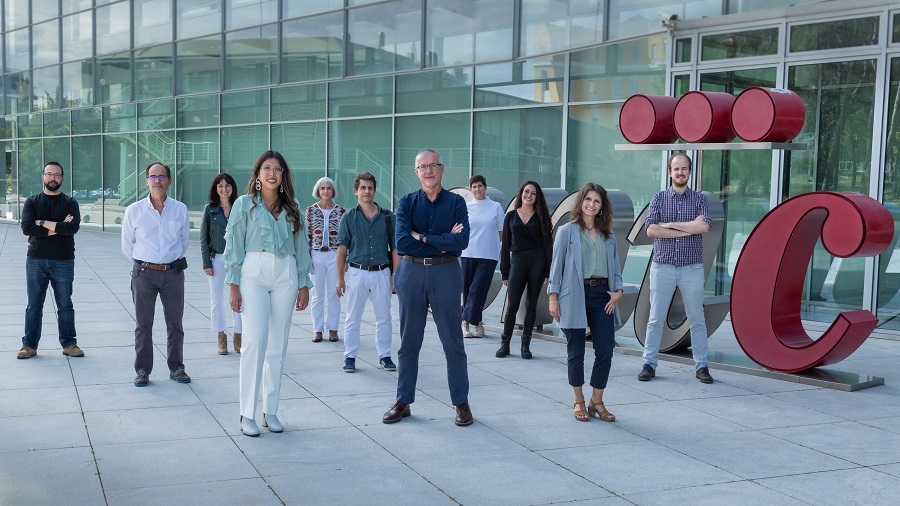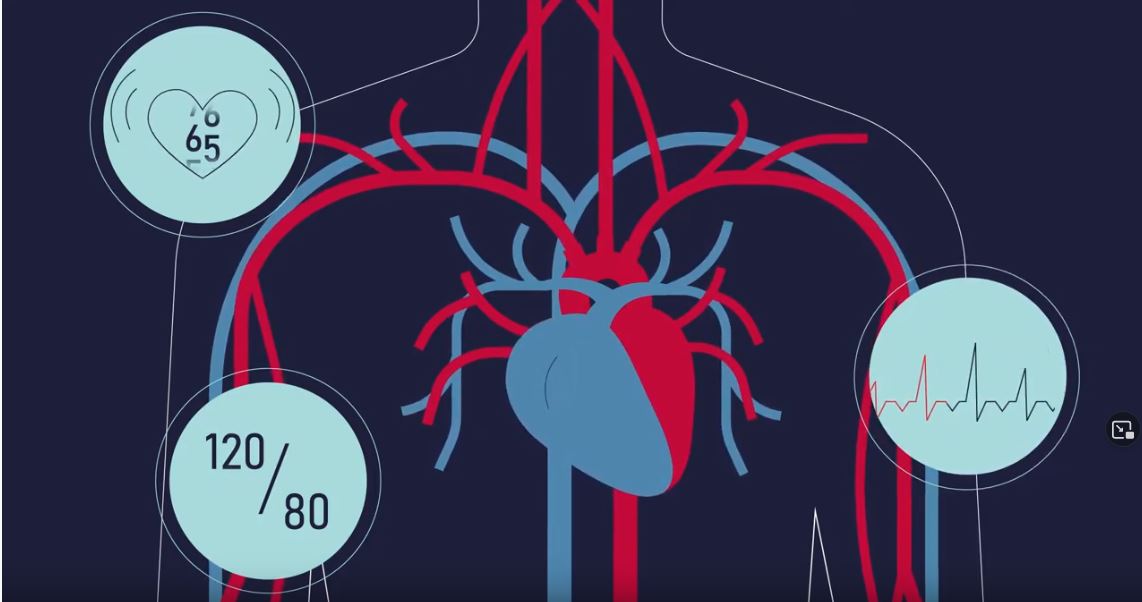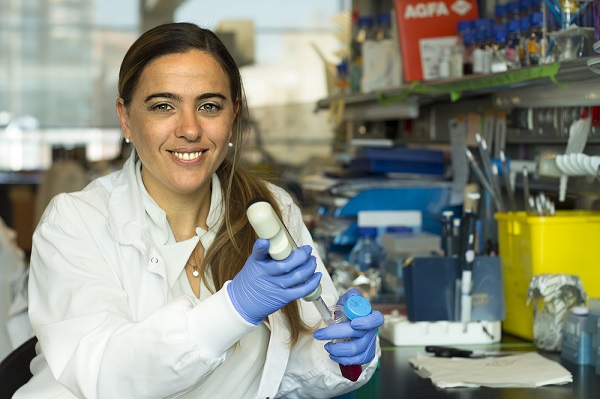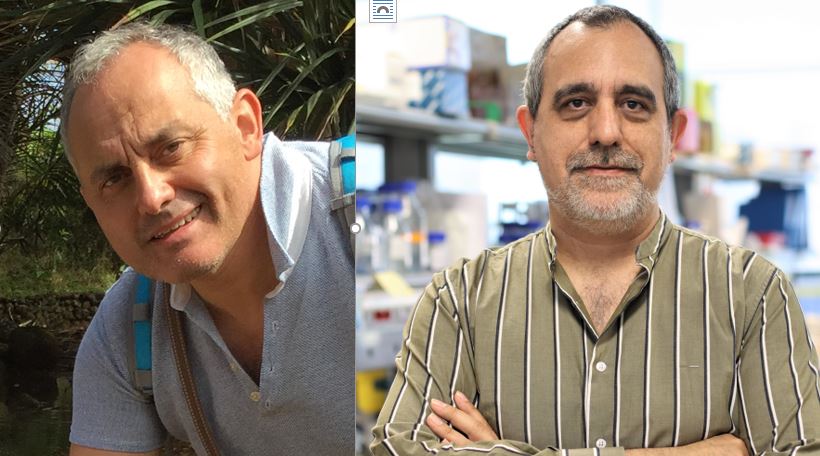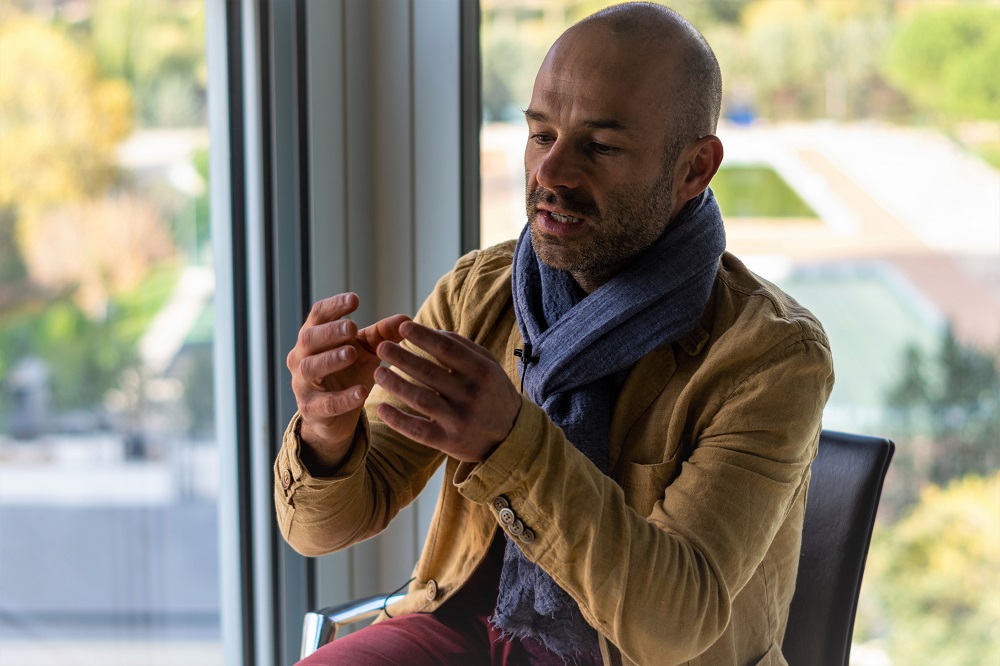News search
|
Research 29 Jun 2022 Investigadores del CNIC revelan por primera los mecanismos moleculares que subyacen a las arritmias que ocurren en pacientes que padecen “Distrofia Muscular de Duchenne” |
|
Research 17 May 2022 The 3D atlas has allowed the scientists to identify the beginning of left–right asymmetry in the heart |
|
Research 5 Jan 2022 Scientists at the CNIC have developed a simple model for studying the behavior of immune cells in live animals and have identified a harmful cell behavior pattern associated with cardiovascular disease |
|
Research 26 Oct 2021 Scientists from the CNIC and the CIBERCV have generated the first experimental animal model that develops Hutchinson-Gilford Progeria Syndrome and allows its controlled reversal |
|
About the CNIC 6 Aug 2021 CNIC and the Mario Negri Institute in Milan (Italy) coordinate REBOOT, a project that aims to study whether treatment with beta-blockers is beneficial for patients who have suffered a myocardial infarction |
|
About the CNIC 17 Jun 2021 The jury acknowledged this CNIC researcher's contribution to understanding why obesity causes cardiometabolic diseases. |
|
About the CNIC 8 Jun 2021 Dr Enríquez and Dr del Pozo Muñoz join their colleagues Dr Miguel Torres, Dr Pura Muñoz and Dr Francisco Sánchez Madrid, bringing to five the number of CNIC members in EMBO |
|
About the CNIC 28 Apr 2021 "To do science it is essential to be proactive and not wait for your project to progress on its own" Dr. Jacky Goetz works on intravital imaging and biomechanical forces during the progression of tumors. |
- ‹ previous
- 2 of 14
- next ›
